-
Hatred of Teen Girls In Pop Culture
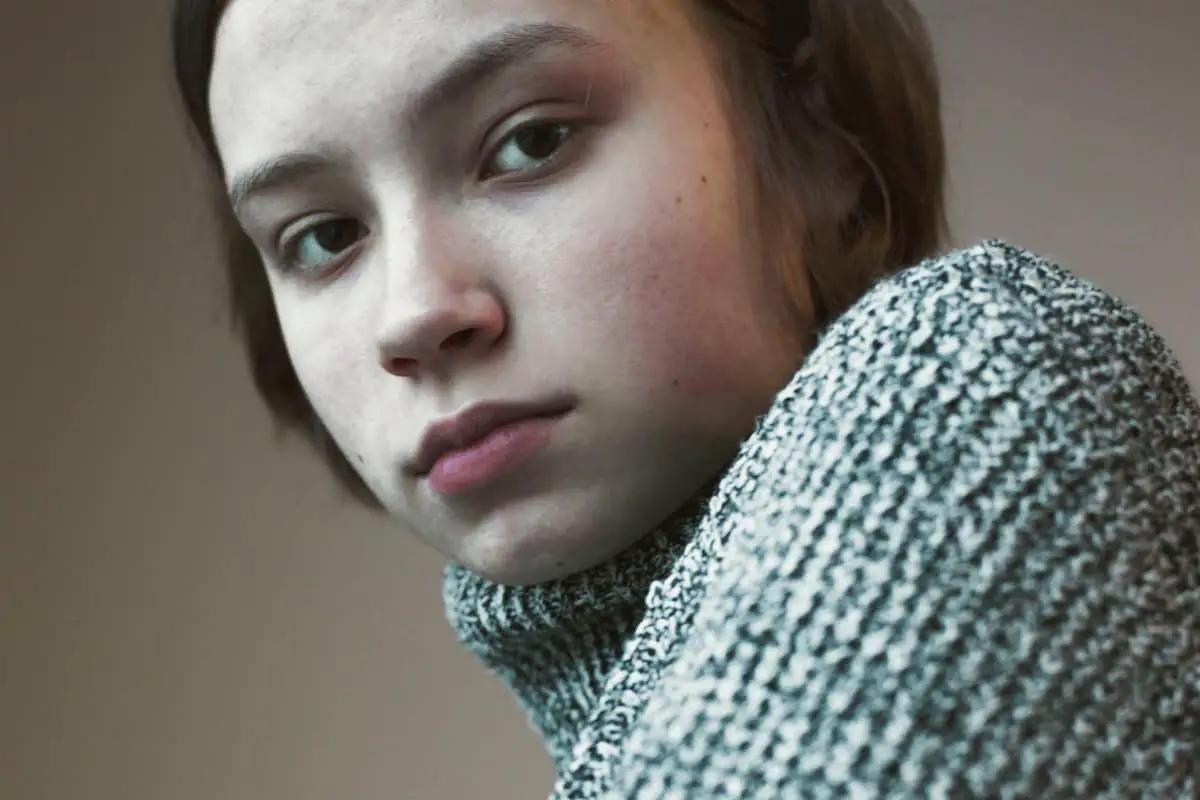
The culture, as as whole, despises teenage girls. Let’s take a look at the evidence in pop culture and storytelling.
-
Symbols of Freedom in Literature
Do not allow yourselves to be deluded by the abstract word ‘freedom’. Whose freedom? It is not the freedom of one individual in relation to another, but the freedom of capital to crush the worker. Marx, On the Question of Free Trade 1848 The American West is more than a place. It’s a super powerful […]
-
Urban Legend Analysis: The Babysitter
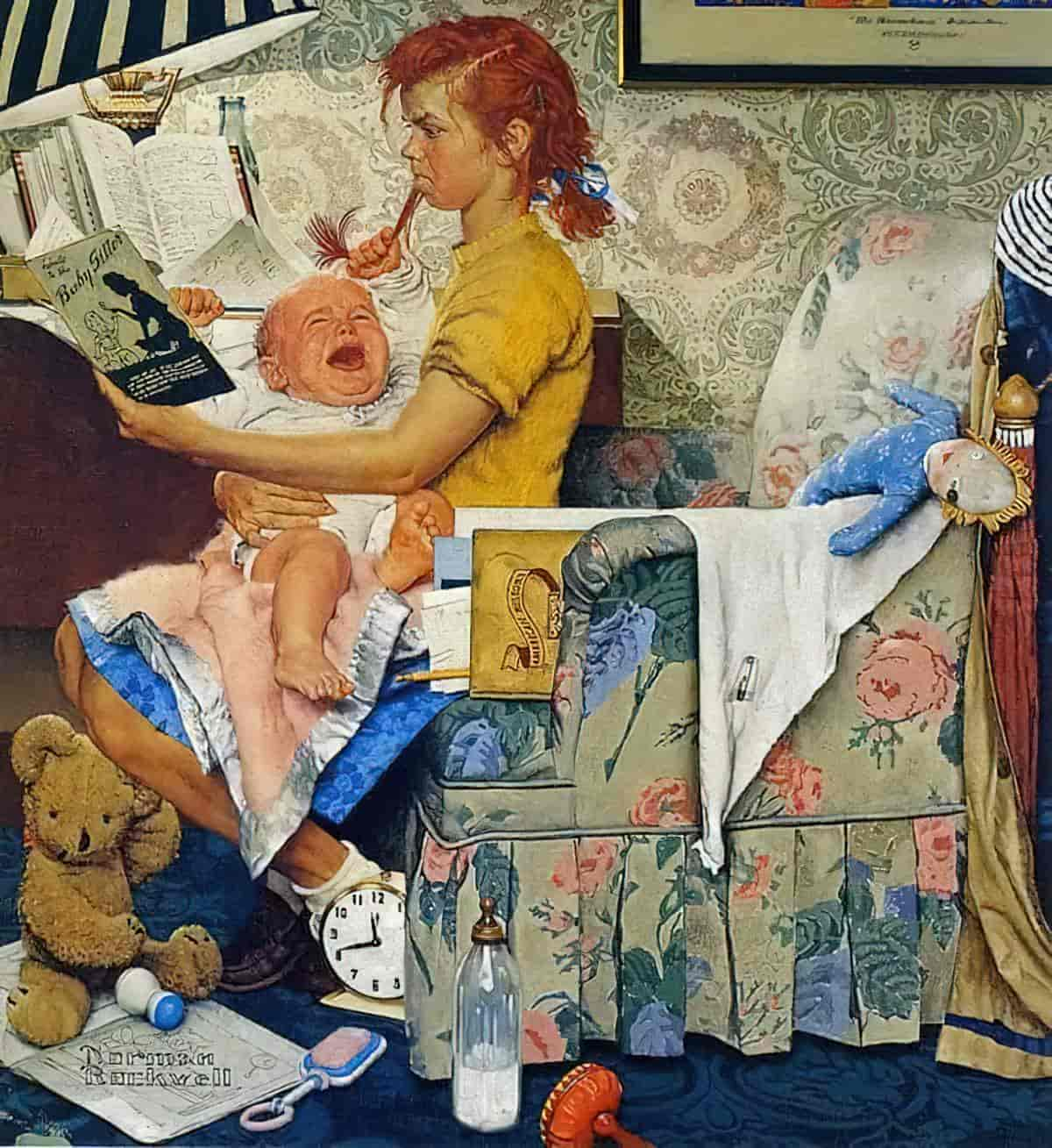
The urban legend about the babysitter goes like this: Teenage girl is babysitting one night when she gets a menacing call. When she calls authorities, she is told that the call is coming from inside the house.
-
The Cistern by Ray Bradbury Short Story Analysis
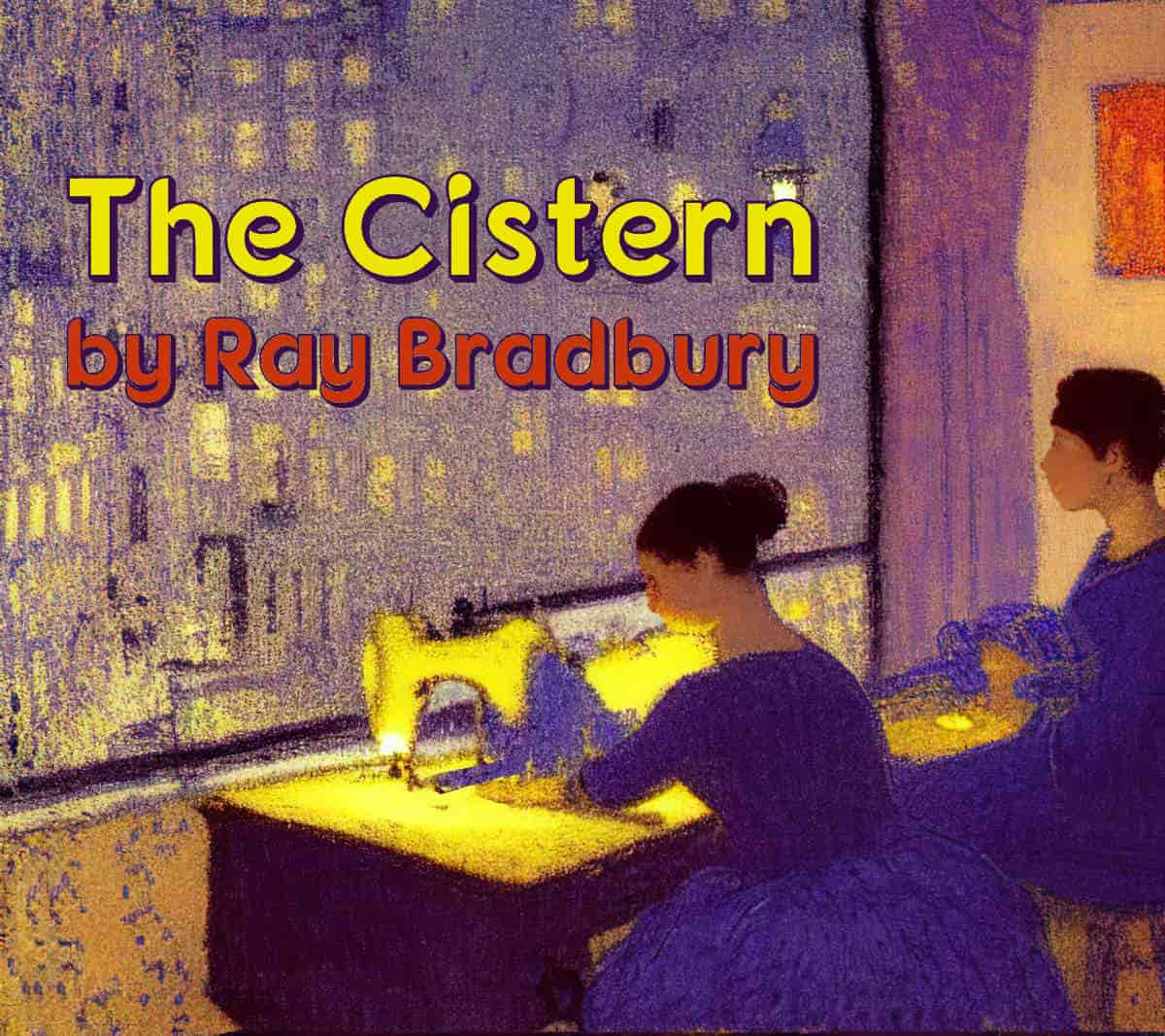
Ray Bradbury’s short story “The Cistern” can be read as a celebration of plumbing and groundwater solutions, normally invisible to those of us who live in towns
-
Whistler’s Grandmother by Shirley Jackson Short Story Analysis
“Whistler’s Grandmother” by Shirley Jackson was published in the May 5, 1945 edition of The New Yorker. Find it also in the collection Just An Ordinary Day (1996).
-
How To Write Like Annie Proulx
Annie Proulx is an award-winning American novelist and short story writer, best known for The Shipping News and “Brokeback Mountain”. Below: features of her writing, as described by critics and readers (and me).
-
Stand By Me Film Study
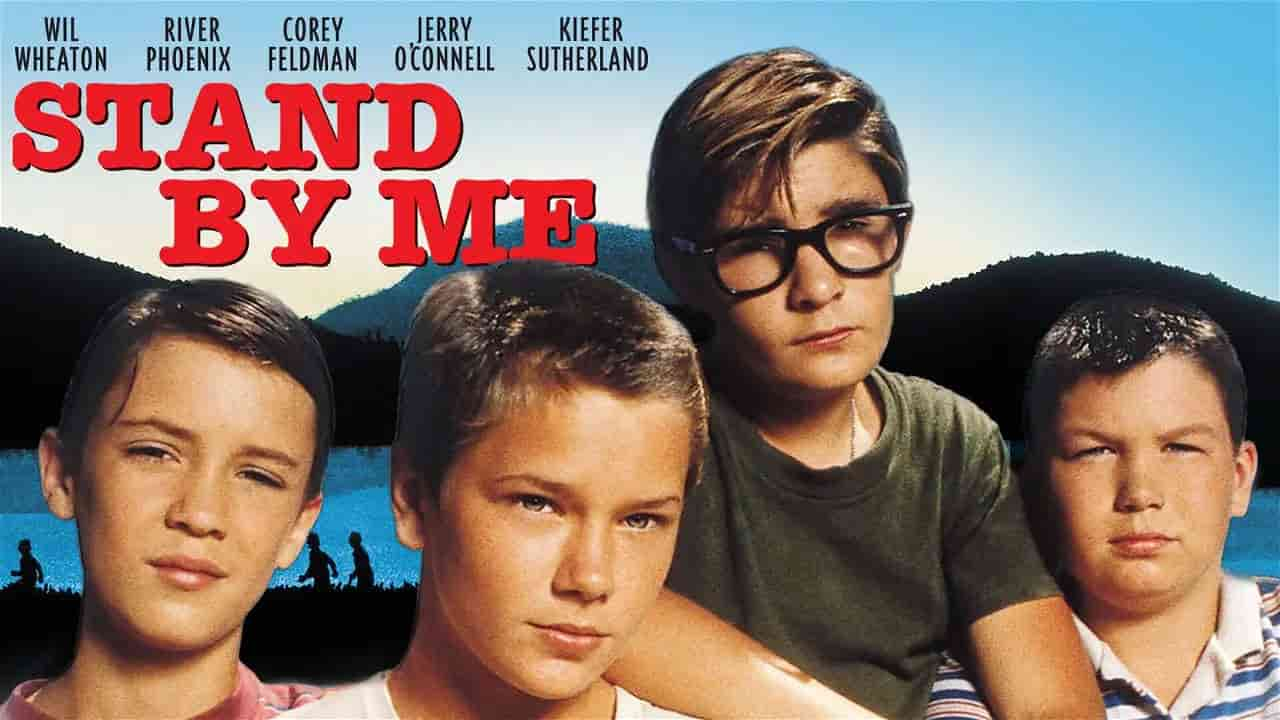
Stand By Me is 1986 a film directed by Rob Reiner, based on a Stephen King novella called “The Body”. Alongside the Karate Kid franchise, The Breakfast Club, Dead Poets Society and a few others, Stand By Me is a tentpole coming-of-age film from my 1980s childhood. Unlike The Breakfast Club (and especially Dead Poets […]
-
What is the definition of film noir?
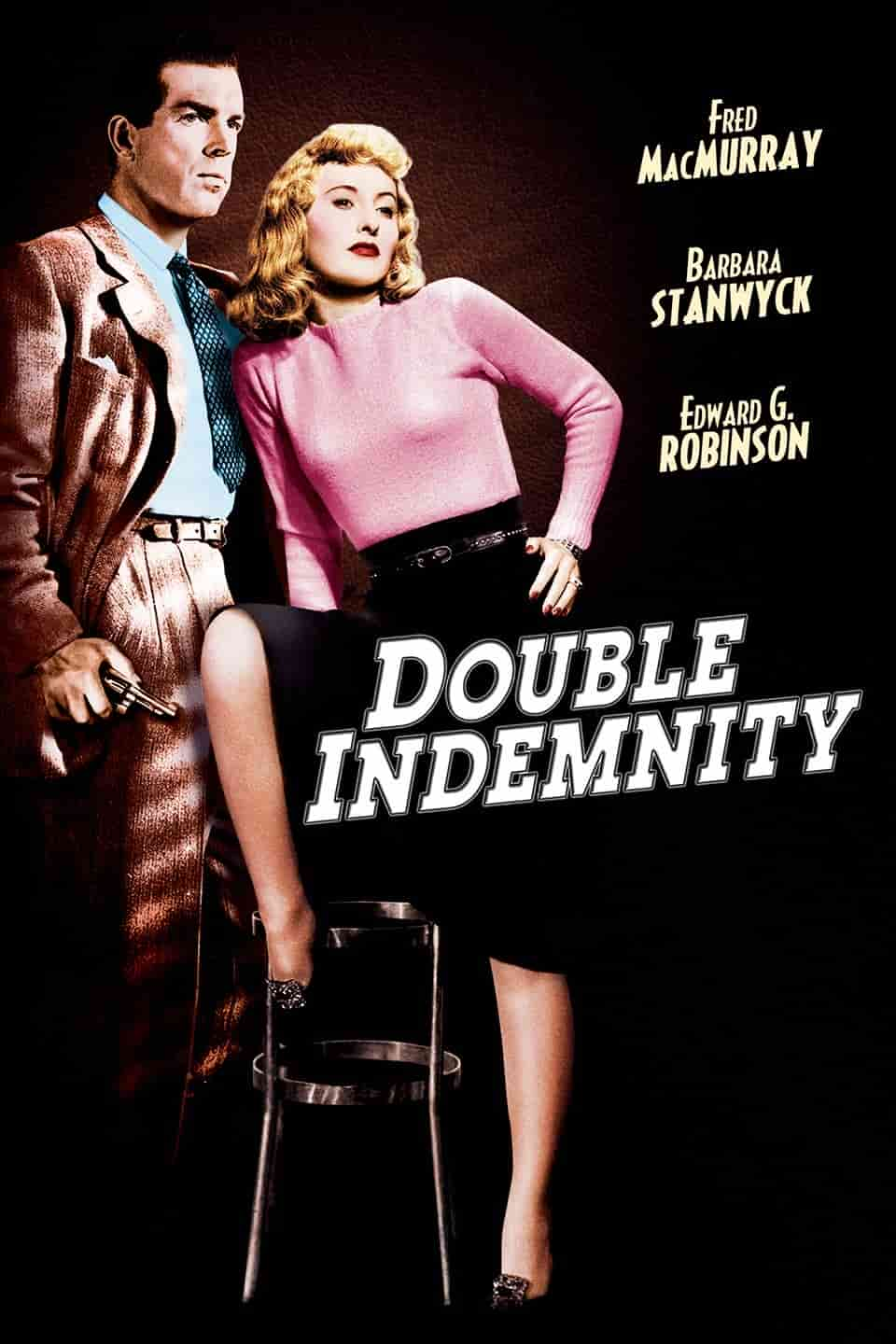
Noir is a visual aesthetic in storytelling associated with certain plots and character archetypes. The term was popularised in the field of film criticism, hence film noir. It comes from several movements, notably the hard-boiled detective tradition of popular cheap paperbacks. Think Raymond Chandler, uber hard-boiled writer. A BRIEF HISTORY OF FILM NOIR SPOOF NOIR […]
-
What is the objective correlative in literature?
When a story about one thing is really saying something about a character’s emotion. Objective correlative: The tangible manifestation of an intangible, created and used by the author to help the reader grasp the intangible concept. Most literature is about emotions or ideals — things that you cannot see or touch. So the objective correlative becomes […]
-
Transphobic Urban Myths
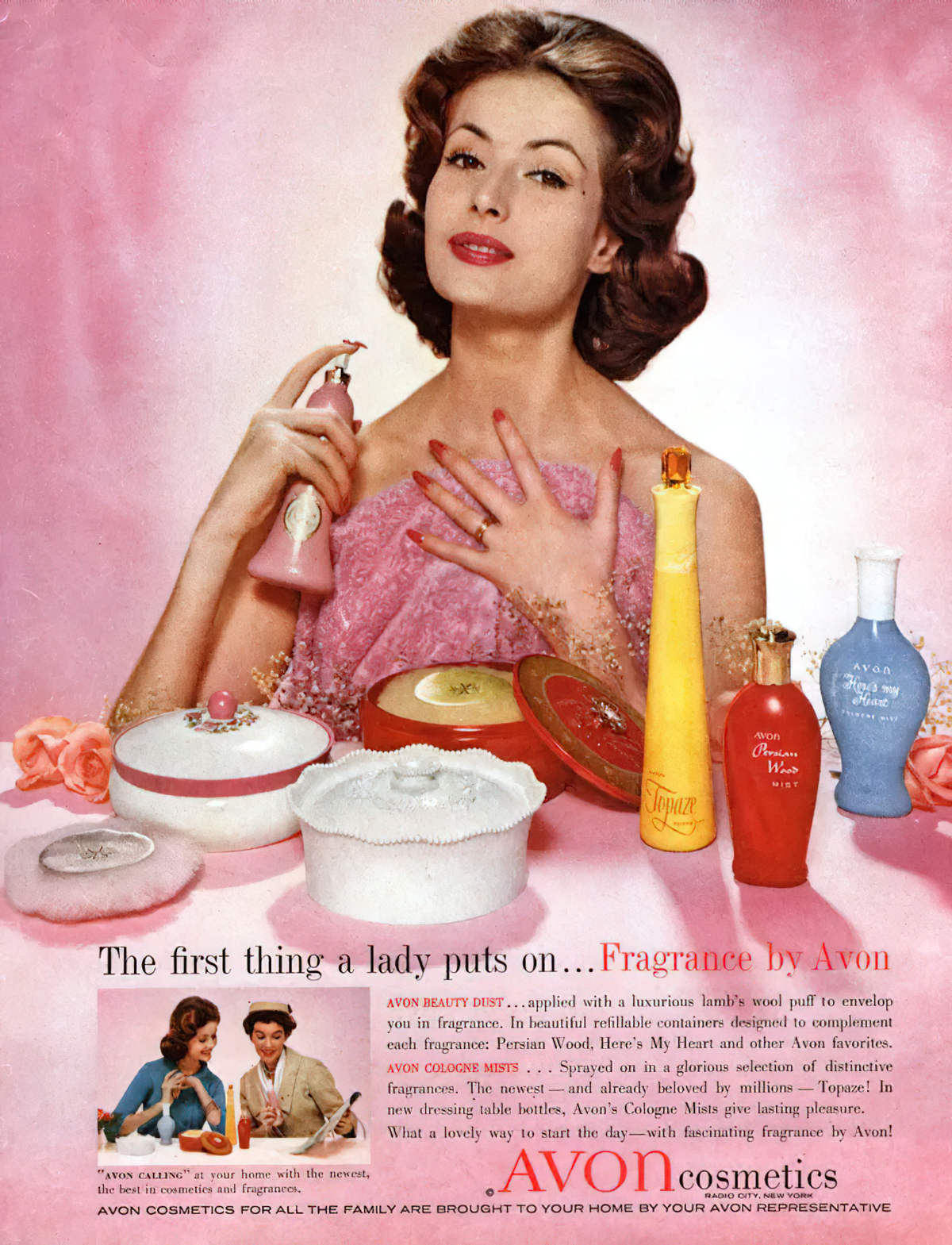
Do urban legends seem unanimously ridiculous to you? Good. Because there’s a new one doing the rounds.
-
Write A Cosy Home Intruder Story
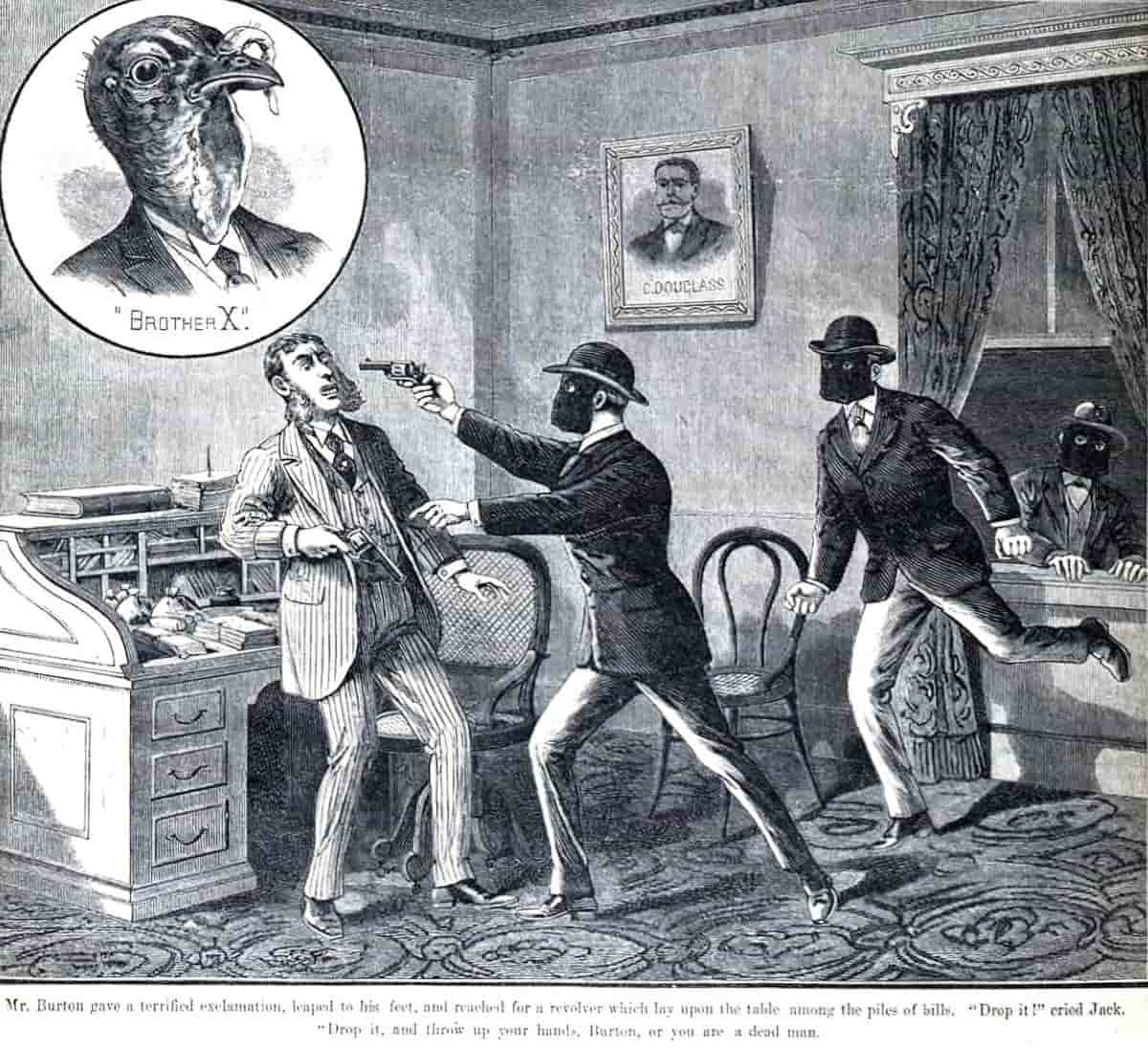
We collectively love stories of home intrusion. How else to describe the fascination behind The Bling Ring crimes also known as The Hollywood Hills Burglar Bunch? THE BLING RING A group of teenagers from The Valley broke into the homes of celebrities such as Paris Hilton and Audrina Patridge, stealing thousands of dollars worth of […]
-
Why write in present tense?
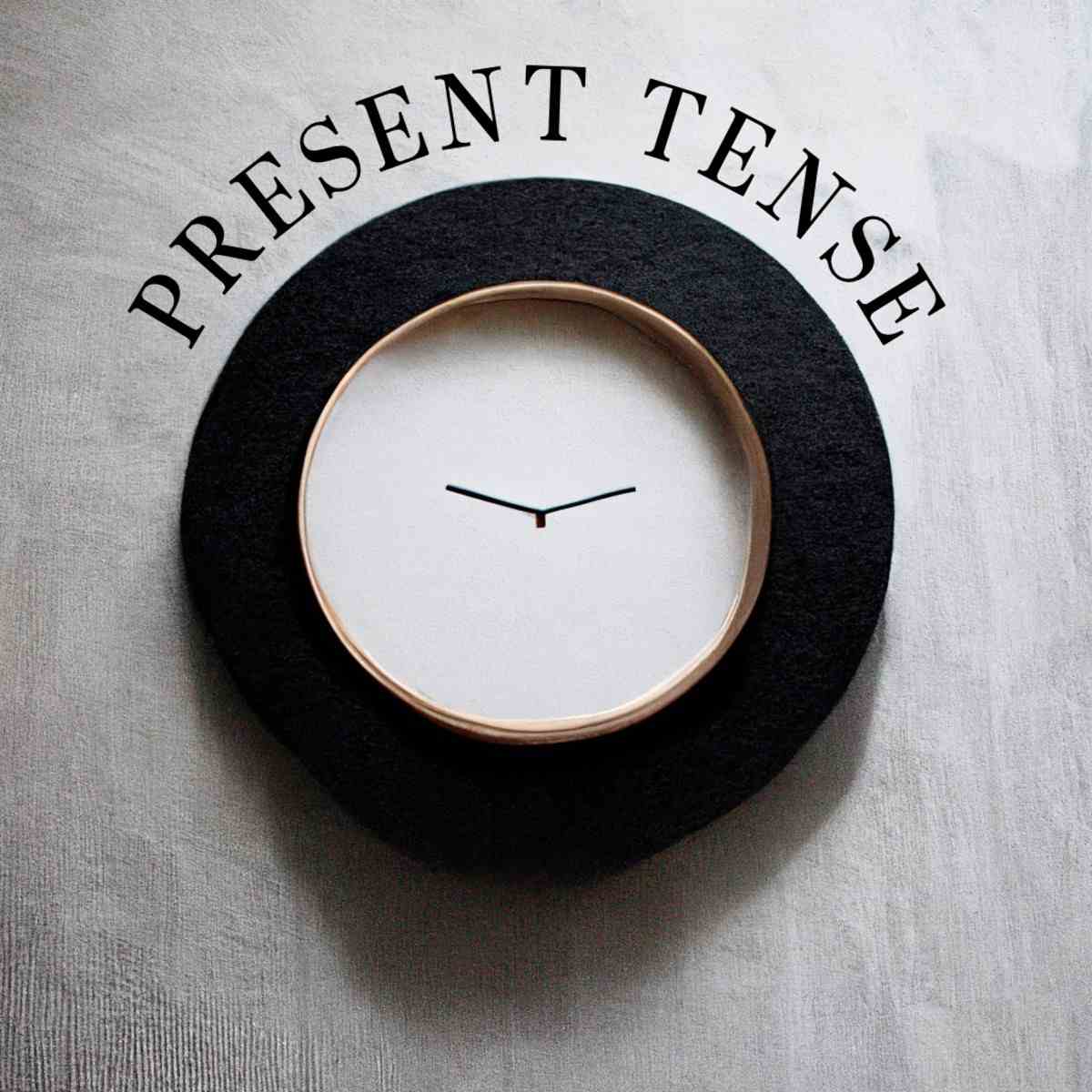
Present tense is hardly new: Virgil’s The Aeneid (29-19 BC) Édouard Dujardin in Les lauriers sont coupés (1887) The Bleak House by Charles Dickens (1852-3) Jane Eyre contains chunks of present tense Ulysses by James Joyce (1922) Nathalie Sarraute (A French practitioner of the nouveau roman, a type of French novel that appeared in the […]
-
Framing A Story
Framing a story: Presenting a narrative to an audience so the story is immersive (but not too immersive), suspenseful (but not baffling), and complex (but not convoluted).
-
Tristan and Isolde: Passionate vs Spiritual Love
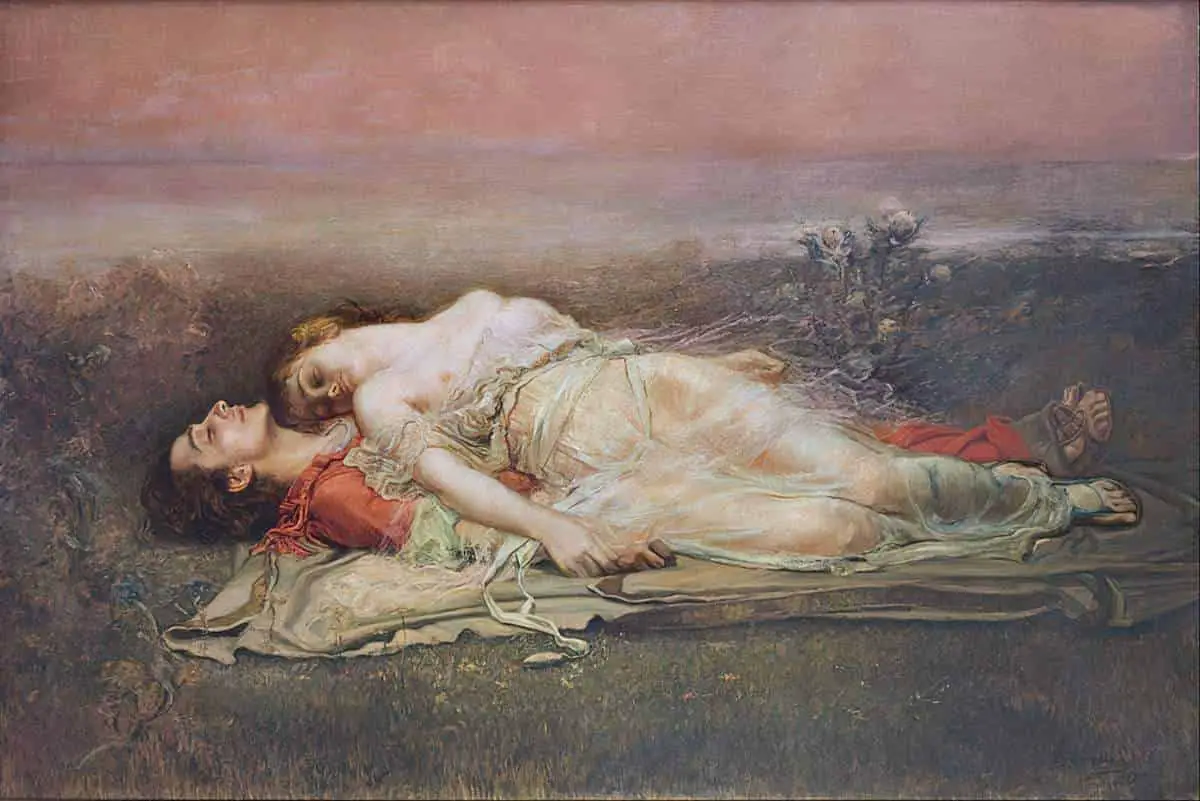
Today we think of love in binaries such as love versus lust, but go back a few centuries and the binary was thought of a little differently: Passionate vs. Spiritual.
-
Aliens and UFOs in Storytelling
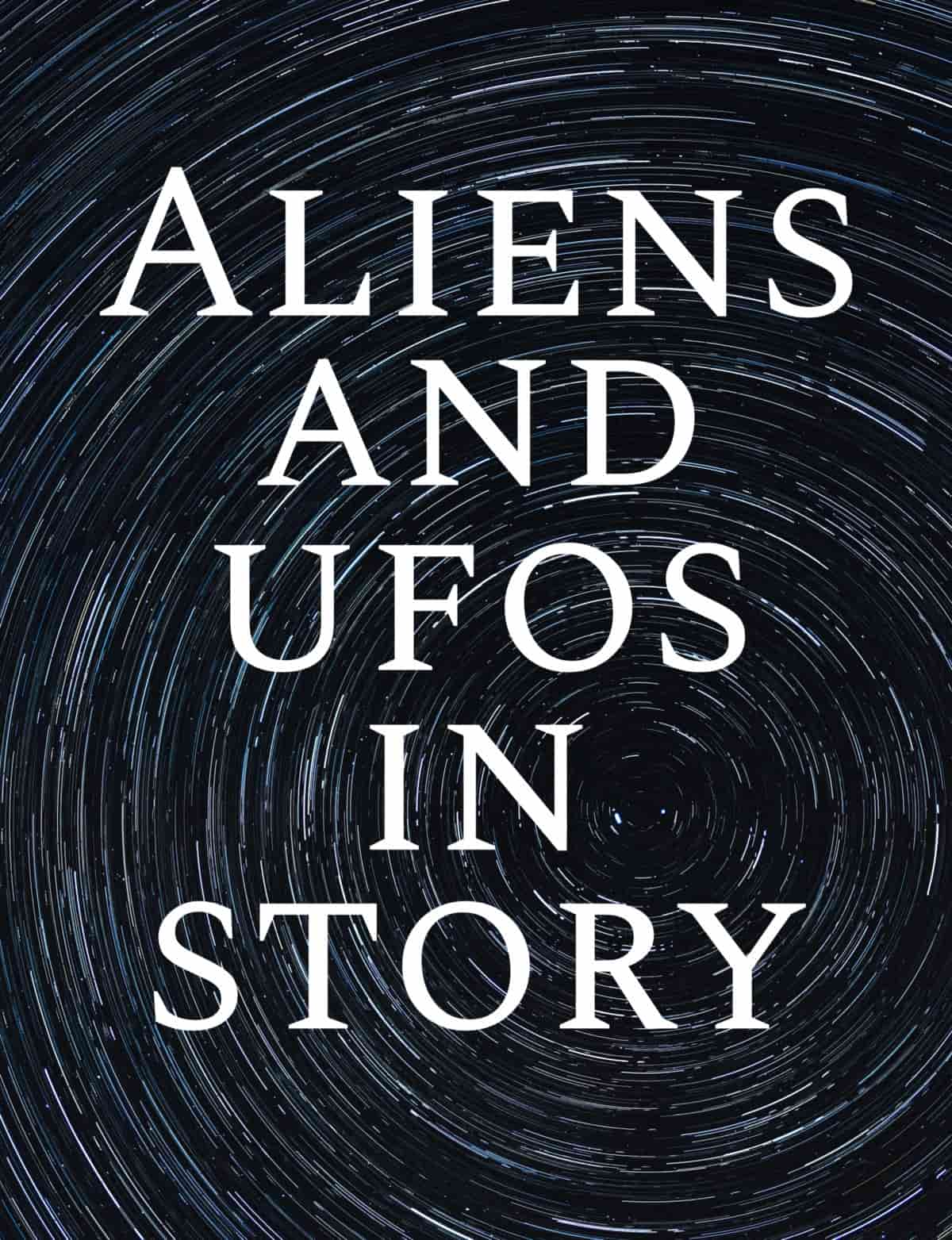
A brief history of aliens, UFOs and otherworldly creatures in art, literature and storytelling more generally.